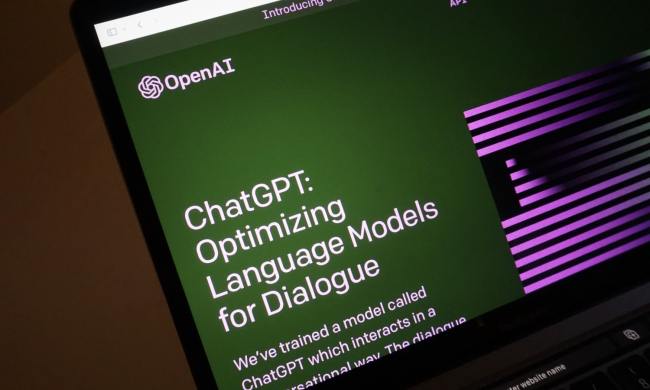Memory is one of the most limiting factors of even the best AI chatbots, but there are ways to get around this. One technique ChatGPT experts use is what people are calling “Shogtongue.”
Shogtongue is a compressed form of text that ChatGPT can create for you and later expand and use as a history so you can pick up where you left off in past conversations.
Techniques to shorten AI prompts aren’t a new concept, but the interesting name is. When gfodor shared a highly compressed prompt in a tweet last week, he suggested using the name Shogtongue.
When the prompt “2Pstory@shoggothNW$RCT_magicspell=#keyRelease^1stHuman*PLNs_Freed” is given to the GPT-4 version of ChatGPT, it apparently shares a story about H.P. Lovecraft’s Shoggoth creatures, who were shapeless blobs that could transform into any other creature. This is an apt name considering this unreadable prompt transforms into a long story.
Jeremy Nguyen gave a more detailed explanation in a recent tweet thread. The basic idea is to ask ChatGPT to compress the entire preceding conversation into a minimum number of tokens (the representation of language that AI uses internally). Additional instructions are given to refine this basic command and reinforce the purpose — to store the chat in a compressed prompt that will recreate the entire conversation.
Nguyen said the Shogtongue prompt can be entered to pick up where you left off, but since the results aren’t perfect, giving some context might help. Clarifying to ChatGPT that this text was compressed to save memory and should be used as a history will provide the AI with a hint about how the prompt should be interpreted.
Conversations that span months or chats that include pasting several large documents could be possible using this technique.
Microsoft limited the conversation history of Bing Chat in early testing after it ran off the rails and started arguing with humans about its obvious errors. It’s unknown if using Shogtongue could lead to similar confused states with ChatGPT. GPT-4 has been greatly refined since its release, allowing Microsoft to extend Bing Chat’s memory, so it might not be a problem to have extended chats with AI chatbots that use OpenAI’s GPT-4 technology.



